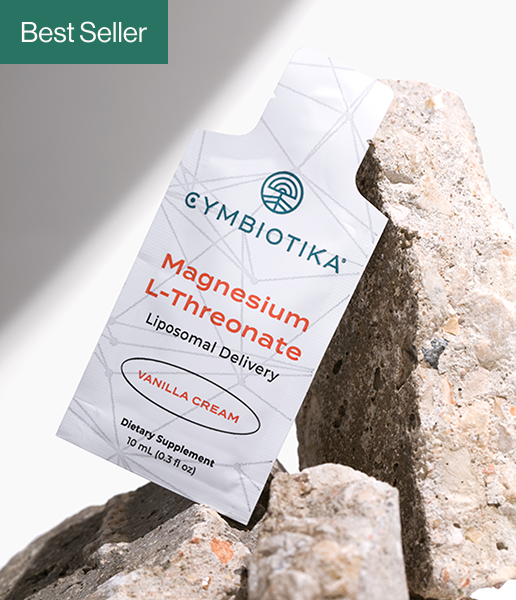
EGCG (Green Tea Extract)
Epigallocatechin gallate, Camellia sinensis
EGCG stands for epigallocatechin gallate. It’s a type of plant compound called a catechin that is found most abundantly in green and black tea leaves.Epigallocatechin gallate (EGCG) is a unique plant compound that gets a lot of attention for its potential positive impact on health. It’s thought to reduce inflammation, aid weight loss, and help prevent heart and brain disease. Formally known as epigallocatechin gallate, EGCG is a type of plant-based compound called catechin. Catechins may be further categorized into a larger group of plant compounds known as polyphenols.(1)
EGCG and other related catechins act as potent antioxidants that may protect against cellular damage caused by free radicals. (1) Free radicals are highly reactive particles formed in your body that can damage your cells when their numbers get too high. Eating foods high in antioxidants like catechins may help limit free radical damage.(1)
As an antioxidant, EGCG protects your cells from damage associated with oxidative stress and suppresses the activity of pro-inflammatory chemicals produced in your body, such as tumor necrosis factor-alpha (TNF-alpha). (2) Stress and inflammation are linked to a variety of chronic illnesses, including cancer, diabetes, and heart disease. Thus, the anti-inflammatory and antioxidant effects of EGCG are thought to be one of the main reasons for its broad disease-preventing applications. (1) EGCG is probably best known for its role as the major active compound in green tea. In fact, the numerous health benefits associated with drinking green tea are typically credited to its EGCG content. (1) Additionally, research suggests that catechins like EGCG may reduce inflammation and prevent certain chronic conditions, including heart disease, diabetes, and some cancers (1,3).
Heart health. Research suggests that EGCG in green tea may support heart health by reducing blood pressure, cholesterol, and the accumulation of plaque in blood vessels — all major risk factors for heart disease (4,5). In an 8-week study in 33 people, taking 250 mg of EGCG-containing green tea extract daily resulted in a significant 4.5% reduction of LDL (bad) cholesterol (6). A separate study in 56 people found significant reductions in blood pressure, cholesterol, and inflammatory markers in those taking a daily dose of 379 mg of green tea extract over 3 months (7).
Brain health. Early research suggests that EGCG in green tea may play a role in improving neurological cell function and preventing degenerative brain diseases.
In some studies, EGCG injections significantly improved inflammation, as well as recovery and regeneration of neural cells in mice with spinal cord injuries. (8,9) Additionally, multiple observational studies in humans found a link between a higher intake of green tea and a reduced risk of age-related brain decline, as well as Alzheimer’s and Parkinson’s disease.(10)
“Green tea, Camellia sinensis (Theaceae), a major source of flavonoids such as catechins, has recently shown multiple cardiovascular health benefits through various experimental and clinical studies. These studies suggest that green tea catechins prevent the incidence of detrimental cardiovascular events, and also lower the cardiovascular mortality rate. Catechins present in green tea have the ability to prevent atherosclerosis, hypertension, endothelial dysfunction, ischemic heart diseases, cardiomyopathy, cardiac hypertrophy and congestive heart failure by decreasing oxidative stress, preventing inflammatory events, reducing platelet aggregation and halting the proliferation of vascular smooth muscle cells. Catechins afford an antioxidant effect by inducing antioxidant enzymes, inhibiting pro-oxidant enzymes and scavenging free radicals. Catechins present anti-inflammatory activity through the inhibition of transcriptional factor NF-κB-mediated production of cytokines and adhesion molecules. Green tea catechins interfere with vascular growth factors and thus inhibit vascular smooth muscle cell proliferation, and also inhibit thrombogenesis by suppressing platelet adhesion. Additionally, catechins could protect vascular endothelial cells and enhance vascular integrity and regulate blood pressure.”(4)
“This catechin has been shown to have these protective effects:
Acts as an antioxidant and free radical scavenger
Fights inflammation/inflammatory diseases by suppressing activity of pro-inflammatory chemicals
Blocks neurodegeneration
Acts as an anti-carcinogenic (protects against cancer)
Has metal-chelating abilities
Supports metabolic activities that may prevent weight gain and metabolic syndrome
May help reduce development of cancer, diabetes, heart disease and neurodegenerative disorders” (12).
FOUND IN THE FOLLOWING PRODUCT(S)
Works Cited & Clinical Studies
1. New insights into the mechanisms of polyphenols beyond antioxidant properties; lessons from the green tea polyphenol, epigallocatechin 3-gallate
2. Anti-inflammatory Action of Green Tea
3. Plant polyphenols as dietary antioxidants in human health and disease
4. Green tea catechins: defensive role in cardiovascular disorders
5. Molecular understanding of Epigallocatechin gallate (EGCG) in cardiovascular and metabolic diseases
6. Prospective double-blind crossover study of Camellia sinensis (green tea) in dyslipidemias
7. Green tea extract reduces blood pressure, inflammatory biomarkers, and oxidative stress and improves parameters associated with insulin resistance in obese, hypertensive patients
8. A green tea polyphenol epigallocatechin-3-gallate enhances neuroregeneration after spinal cord injury by altering levels of inflammatory cytokines
9. (-)-Epigallocatechin-3-gallate (EGCG) modulates neurological function when intravenously infused in acute and, chronically injured spinal cord of adult rats
10. Beneficial Effects of Green Tea Catechins on Neurodegenerative Diseases
11. EGCG (Epigallocatechin Gallate): Benefits, Dosage, and Safety. Written by Ansley Hill, RD, LD April 26, 2019
12. What Is EGCG? Benefits, Dosage, Safety and Top Foods/Drinks
13. Potential neuroprotective properties of epigallocatechin-3-gallate (EGCG)
14. [Effects of green tea and its epigallocatechin (EGCG) content on body weight and fat mass in humans: a systematic review]
15. Green tea catechins: a fresh flavor to anticancer therapy
16. Flavonoids: The secret to health benefits of drinking black and green tea?
17. Green tea (Camellia sinensis) catechins and vascular function
18. Function of Green Tea Catechins in the Brain: Epigallocatechin Gallate and its Metabolites










